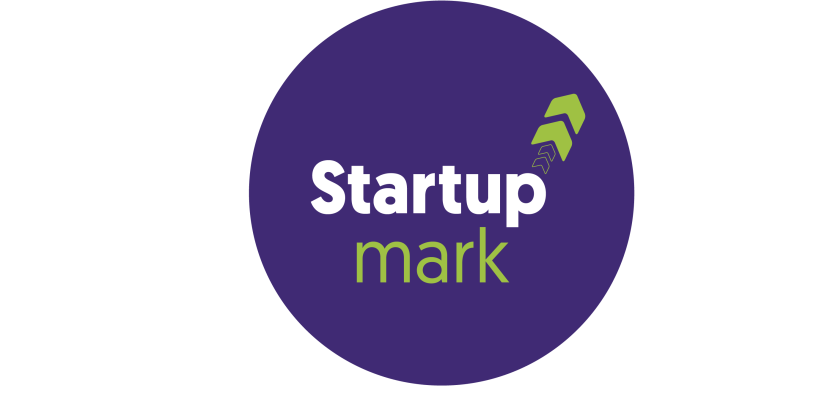
Startupmark

About this good practice
The Startupmark initiative was introduced to unify and strengthen the startup ecosystem in Styria by creating a single, recognizable brand for all projects and support services related to startups. The main problem it addresses is the fragmentation of available resources—startups previously struggled to find and access relevant support, funding, and networking opportunities in a structured and centralized manner.
To overcome this challenge, Startupmark serves as a one-stop hub connecting startups with funding programs, incubation and acceleration services, mentoring and coaching from industry experts and networking and matchmaking opportunities with corporates, investors, and research institutions.
The implementation is driven by the Steirische Wirtschaftsförderung (SFG) in collaboration with incubators, accelerators, corporate partners, and regional innovation hubs. A crucial aspect of the initiative is its focus on ecosystem-building, fostering stronger collaboration between startups, established companies, and investors.
By offering comprehensive support and bridging gaps between different players in the startup ecosystem, Startupmark plays a vital role in strengthening Styria as a leading innovation hub.
Resources needed
The specific resources are the staff of the association. It requires administrative effort and the co-operation of startups, public authorities and interest groups.
Evidence of success
Startupmark has significantly boosted the startup ecosystem in Styria by fostering collaboration between founders, investors, and public institutions. Over the past year, it has supported more than 50 startups, facilitated over €10M in funding, and organized 20+ networking events. Its structured support programs, including mentoring and acceleration initiatives, have led to a increased growth in startup survival rates.
Potential for learning or transfer
Startupmark’s holistic approach can be replicated in other regions by fostering collaboration between key stakeholders and ensuring a strong public-private support framework. The key success factors include structured mentoring, early-stage funding access, and a vibrant community. Challenges for transfer include adapting the model to different regulatory and funding environments. The initiative has already inspired similar programs in partner regions, proving its scalability.
